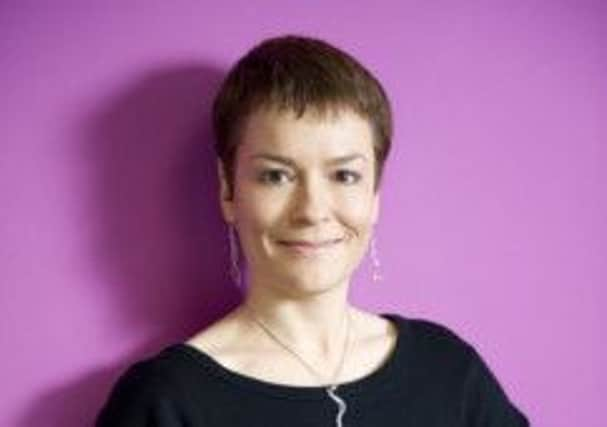Leaders: Arts broom must be helped to sweep clean


Janet Archer, currently director of dance at Arts Council England, who takes up her post in July, offers an independent outlook and a fresh start. She will find a bulging in-tray when she arrives.
Whatever else has ailed the arts sector in Scotland, it is not been a lack of creative talent or weakness in artistic idea or execution. Nor does it suffer from a lack of understanding or appreciation at the top. The speech by arts minister Fiona Hyslop this week rightly stressed that the contribution our arts organisations make to Scottish life should not be measured in overseas visits or income or attendance alone, but the cultural enrichment they provide and the aspiration to Scots here and abroad that they help to lift and sustain.
Advertisement
Hide AdAdvertisement
Hide AdContrary to popular perception, the upsurge of criticism over Creative Scotland was not about a shortage of money per se. The organisation was established through a merger of the Scottish Arts Council with Scottish Screen and has an annual budget of more that £75 million from the Scottish Government and lottery funding.
The grumbles that came to characterise its operations centred on a failure to consult Scotland’s diverse arts organisations and to maintain regular and inclusive communication. Of particular concern was a funding re-organisation that saw almost 50 organisations being told by letter that their regular funding would end this spring and financial support would be on a case by case basis. This was the background to the public letter of protest signed by 100 leading artists.
The need to ensure that arts money is effectively disbursed and properly accounted for is not in doubt. But many organisations need to be able to plan their programmes and schedules ahead and need some assurance of longer-term support. To its credit, the board of Creative Scotland admitted mistakes and pledged last year that it would make changes to the way it operates. Specifically, it promised more specialists, more consultation with artists and more long-term funding arrangements.
However, the past, and the delicate rebuilding operation it has now made necessary, should not hold Ms Archer back from the radical change that Creative Scotland has admitted is necessary.
It is critical to the health and success of the arts in Scotland that Creative Scotland is able to recover from this shaky start. And to give effect to this new beginning, Scotland’s artists, musicians, performers and writers should give this new broom their understanding and support.
Bees need our protection
For many, the sharp decline in our bee population has been regarded as little more than a loss of environmental pleasure and charm in our countryside and gardens. But the devastation suffered by the honey bee population has been colossal and poses a serious threat, not only to our environment but also to food production.
According to the Scottish Government’s first comprehensive survey of the bee population, large numbers have been wiped out, with the loss attributed to the harsh conditions of last winter. Around four in five beekeepers in Scotland are reckoned to have lost at least one bee colony in the winter months. This is almost double the loss rate of the previous winter when two-fifths of beekeepers reported losses. Bees succumbed to harsh weather, starvation and mites and the Highlands are thought to have been the worst affected.
Such are the knock-on effects of this population collapse that rural affairs secretary Richard Lochhead has pledged £200,000 to help bee farmers restock, pointing out that bees play a critical role in our ecosystem, acting as pollinators for many crops and wild plants, as well as producing honey and other products. They may also be critical pointers to other harmful developments in our environment.
Advertisement
Hide AdAdvertisement
Hide AdLast winter was undoubtedly harsh. But these are not uncommon in Scotland. And the decline in the bee population has been evident for some years. There may thus be other factors at work here. Given the important part that bees play in food production, it would be wiser to issue a precautionary ban on suspect pesticides than to wait until the bee population is further reduced before taking action.